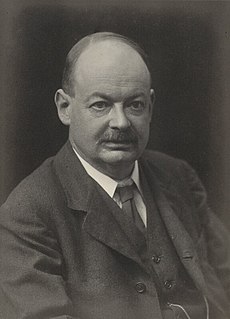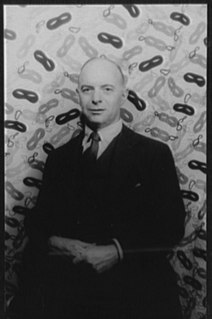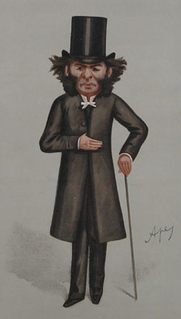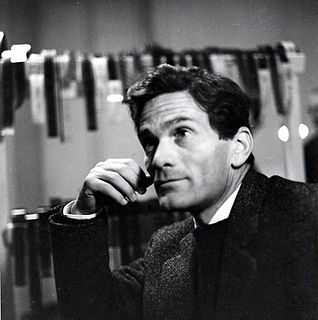A Quote by J. M. E. McTaggart
Surely death acquires a new and deeper significance when we regard it no longer as a single and unexplained break in an unending life, but as a part of the continuously recurring rhythm of progress-as inevitable, as natural and benevolent as sleep.
Related Quotes
By 'coming to terms with life' I mean: the reality of death has become a definite part of my life; my life has, so to speak, been extended by death, by my looking death in the eye and accepting it, by accepting destruction as part of life and no longer wasting my energies on fear of death or the refusal to acknowledge its inevitability. It sounds paradoxical: by excluding death from our life we cannot live a full life, and by admitting death into our life we enlarge and enrich it.
What sets worlds in motion is the interplay of differences, their attractions and repulsions. Life is plurality, death is uniformity. By suppressing differences and pecularities, by eliminating different civilizations and cultures, progress weakens life and favors death. The ideal of a single civilization for everyone, implicit in the cult of progress and technique, impoverishes and mutilates us. Every view of the world that becomes extinct, every culture that disappears, diminishes a possibility of life
The experience of losing a loved one impels us toward a deeper understanding of life. Everyone fears and is saddened by death. That is natural. But by struggling to overcome the pain and sadness that accompanies death, we become sharply aware of the dignity and preciousness of life and develop the compassion to share the sufferings of others as our own.
Death does determine life. Once life is finished it acquires a sense; up to that point it has not got a sense; its sense is suspended and therefore ambiguous. However, to be sincere I must add that for me death is important only if it is not justified and rationalized by reason. For me death is the maximum of epicness and death.
Some philosophers have been of opinion that our immortal part acquires during this life certain habits of action or of sentiment, which become forever indissoluble, continuing after death in a future state of existence ... I would apply this ingenious idea to the generation, or production of the embryon, or new animal, which partakes so much of the form and propensities of the parent.
Do not fear death, but welcome it, since it too comes from nature. For just as we are young and grow old, and flourish and reach maturity, have teeth and a beard and grey hairs, conceive, become pregnant, and bring forth new life, and all the other natural processes that follow the seasons of our existence, so also do we have death. A thoughtful person will never take death lightly, impatiently, or scornfully, but will wait for it as one of life's natural processes.









































